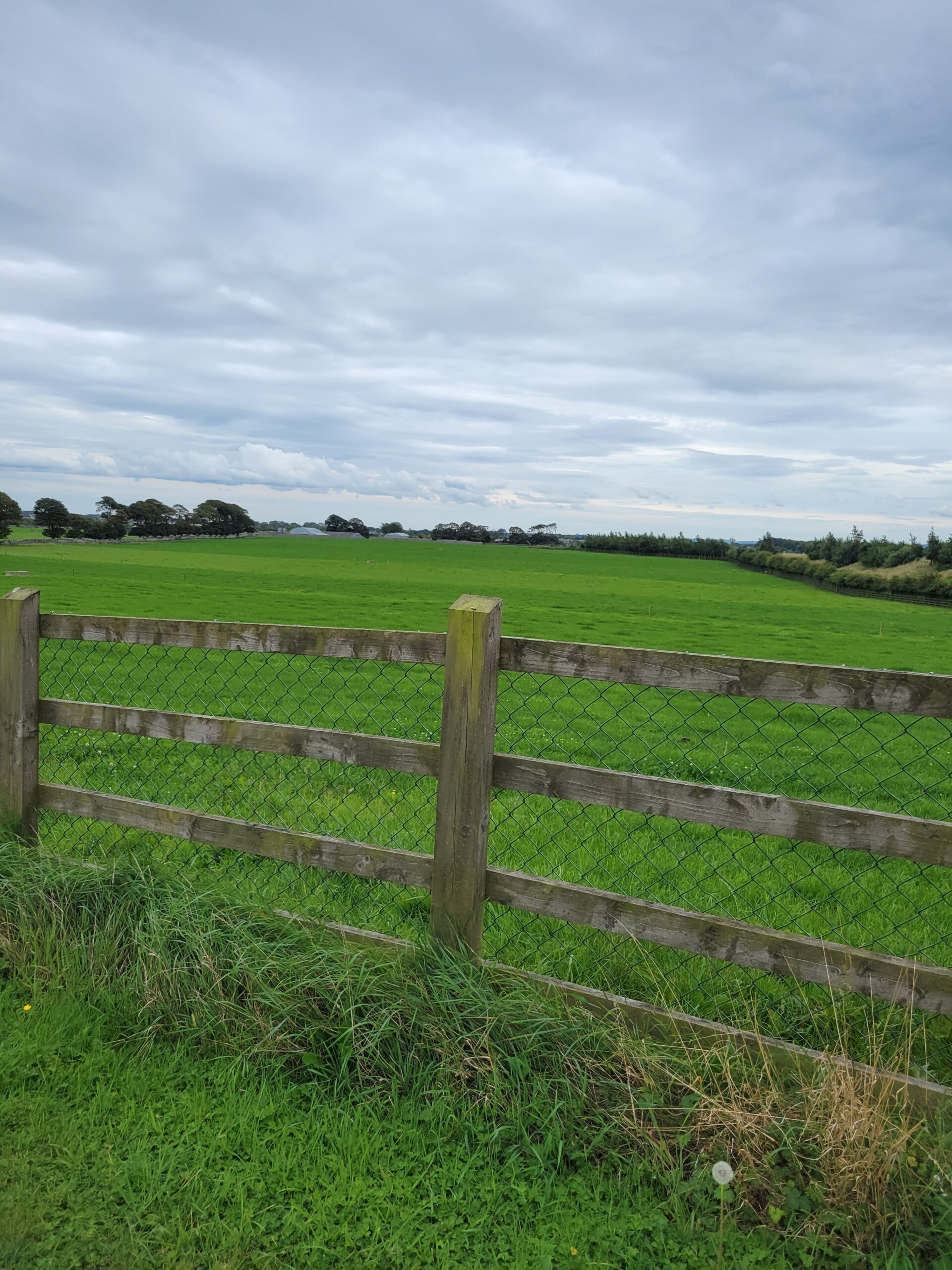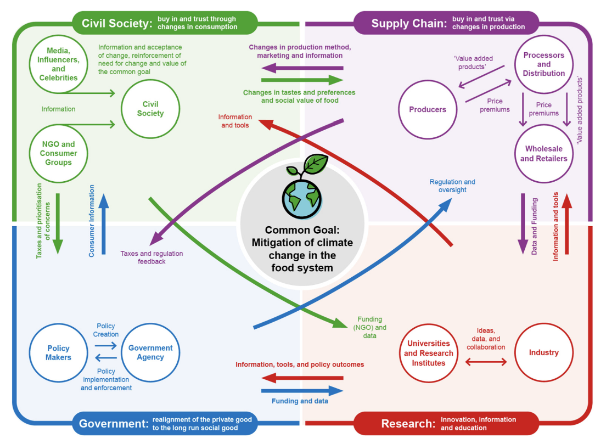
Publications and Working Papers
The SmartDairy Team is a dedicated group of academics. Please read below to see what working papers we are currently working on and what academic papers have been published out of this project.

A Food System Transformation Framework
Julian Worley, Doris Läpple, Fabio Bartolini, Silvia Gaiani, Greta Winkler
EuroChoices – Parlons Graphiques